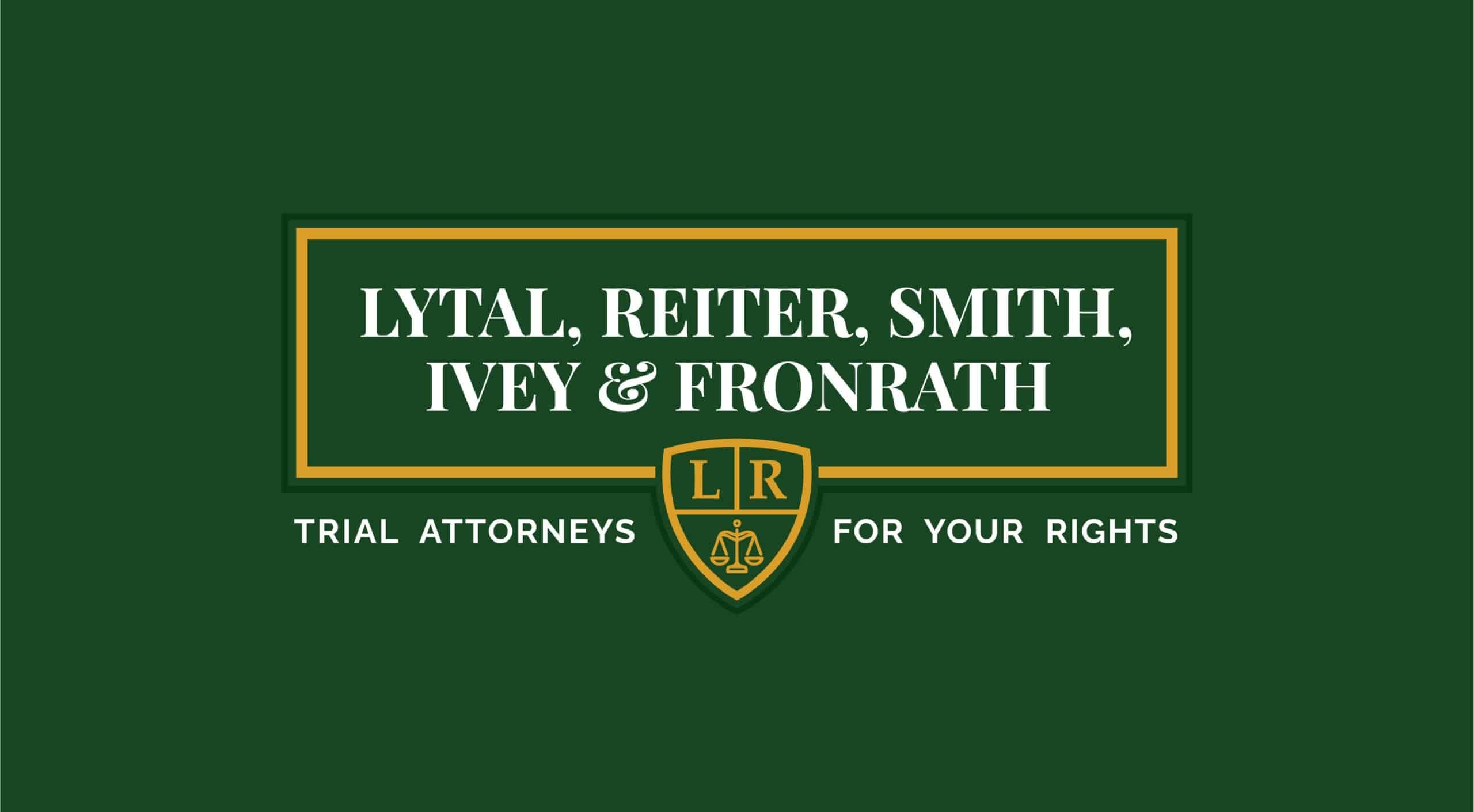A new business model that claims to save customers money while also preserving the environment has nevertheless ended up in regulatory hot water in Florida. UberX and Lyft are both ride-sharing companies that function on the smartphones of anyone who downloads each company’s app. In both cases, a prospective rider can summon a driver who is going to a nearby destination. Lyft allows its passengers to also become drivers by posting the details of a planned trip. (It is worth noting that UberX is a different service than Uber, which functions more like a traditional taxi by allowing passengers to summon a nearby vehicle owned by Uber, rather than a ride-sharing model using private cars.) Both companies have begun serving customers in Fort Lauderdale and West Palm Beach in recent weeks.
Miami-Dade: initial lawlessness, a temporary truce
Established taxi vendors and other local interests fought back when the two companies tried to break into the market in Miami-Dade earlier this summer. Miami-Dade police issued citations to drivers and even impounded several private cars, alleging that they were operating as taxis without the required permits and licenses. UberX and Lyft both claim that they are not in fact taxi companies and that the relevant county ordinances did not apply, since neither company owns vehicles or employs drivers.
After a period of a month during which the two services were operating illegally, Miami-Dade county commissioners passed a temporary amendment to the relevant regulations that allowed the citations and the vehicle seizures to stop. The issue is scheduled for further debate in October, but permanent approval is far from certain, since the county’s transportation committee is deadlocked on any changes that would allow the new companies to continue to operate.
Existing transportation companies are asking that Uber and Lyft drivers be required to obtain the same chauffeur’s licenses as other drivers for hire. The established businesses want to maintain legal limits on the number of taxi medallions and limousine permits, while UberX and Lyft want the limits dropped, and the two sides also differ on insurance requirements. UberX and Lyft provide drivers with commercial insurance policies that cover them when they are carrying passengers, but opponents of the new services say that the only way to protect the public is to require full-time commercial coverage.
What will Fort Lauderdale and West Palm Beach do?
As of this writing, the legal status of UberX and Lyft vehicles outside of Miami-Dade is not yet clear. There is no concrete evidence that these drivers are breaking the law, but the question of whether they have clean driving records or criminal convictions, and whether the driver’s regular auto insurance policy and/or the ride-sharing company’s part-time commercial policy will pay if you are injured in an accident has not been conclusively decided.
If you have been in an accident while riding in a commercial vehicle, whether it is an old-school taxi, a private car service limousine or a car working within the Lyft or UberX systems, you need to be represented by an attorney who is familiar with these claims. All of the usual issues of the fault of the drivers will have to be examined, but the question of who will end up paying the passengers’ medical bills and other damages is handled very differently in a vehicle-for-hire scenario. An attorney who is not knowledgeable about these differences may end up leaving money – your money – on the table.




